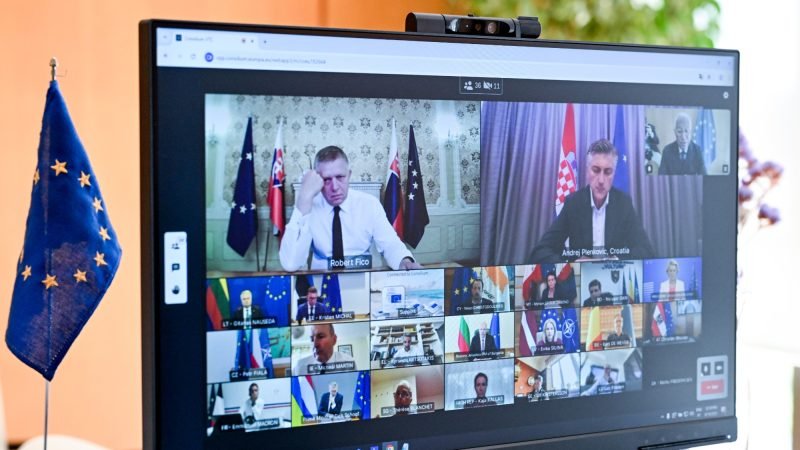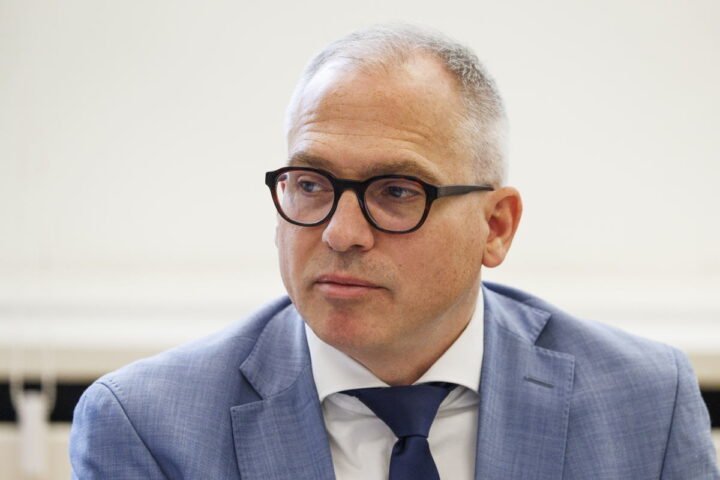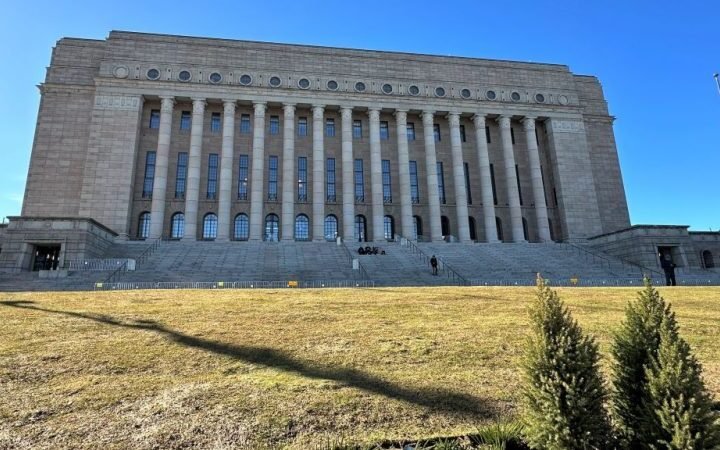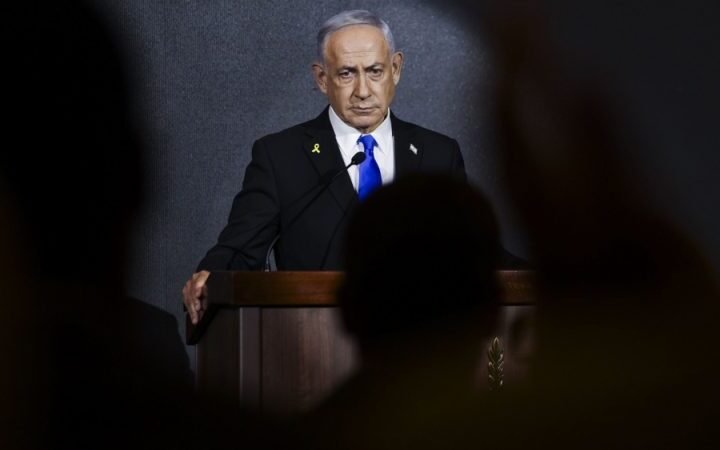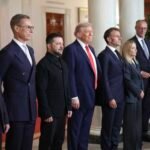European countries move toward security guarantees for Ukraine as Trump hints at US role
European nations are progressing towards establishing a framework of security guarantees for Ukraine, following Donald Trump’s indication of a potential US “presence” in the region, although specifics remain ambiguous. reports 24brussels.
On Monday, a summit at the White House involving Trump, Volodymyr Zelenskyy, and six European leaders resulted in a clearer, albeit preliminary, US assurance to bolster Ukraine’s security efforts.
The next day, EU27 leaders and members of the ‘Coalition of the Willing’ participated in a videoconference to discuss the Washington talks.
European Council President António Costa emphasized the urgency of translating this commitment into actionable security guarantees akin to NATO’s Article 5, seeking sustained US involvement.
Drafting a framework
European representatives confirmed that negotiators will begin formulating a blueprint for security guarantees to facilitate a possible meeting between Zelenskyy and Vladimir Putin.
National security advisers from the involved nations aim to draft an initial framework within the week, anticipating a follow-up conversation with Trump.
A report from the Coalition of the Willing indicated that planning teams plan to engage with their US counterparts soon to strengthen the proposed security assurances.
A broad consensus has emerged concerning three primary aspects of the security guarantees: developing a well-equipped and armed Ukrainian military, establishing a multinational “reassurance force” post-ceasefire, and receiving some form of support from Washington, although the nature of this support remains unclear.
EU leaders expressed strong backing for commitments similar to NATO’s mutual defense clause, referred to as “Article 5-like protections” by US officials, though the extent of those protections is still largely undefined.
The process of negotiating these details is anticipated to be arduous.
Notably, European officials have observed a significant shift in Trump’s language, evolving from simple coordination of security arrangements to a potential US “presence.”
After the White House meetings, Trump conveyed to Fox News that US forces might assist Ukraine’s allies in deterring future Russian offensives.
“When it comes to security, [Europeans are] willing to put people on the ground,” Trump stated, indicating that Europe would “front load” contributions, including “boots on the ground.”
He added that the US could provide air defense support as part of these plans.
EU foreign and defense ministers are scheduled to discuss security guarantees informally in Copenhagen next week, according to the bloc’s chief diplomat, Kaja Kallas.
“The EU will contribute to these security guarantees, notably through training Ukrainian soldiers and enhancing Ukraine’s armed forces and defense industry,” she noted.
Keeping Putin in check
The timing of these developments poses a significant challenge. Officials aspire to finalize the framework ahead of a potential Zelenskyy-Putin meeting, which may occur in the next two to three weeks.
During the White House discussions, several European leaders urged the US delegation that any Russian refusal to engage in talks or a lack of meaningful progress should trigger subsequent sanctions.
“Whether we label it a ceasefire or a truce is secondary; what is crucial is that we maintain pressure through sanctions if Russia does not comply,” Costa remarked to EU leaders.
The European Commission indicated that the next round of measures against Moscow – the nineteenth – could be prepared by early September if deemed necessary.
